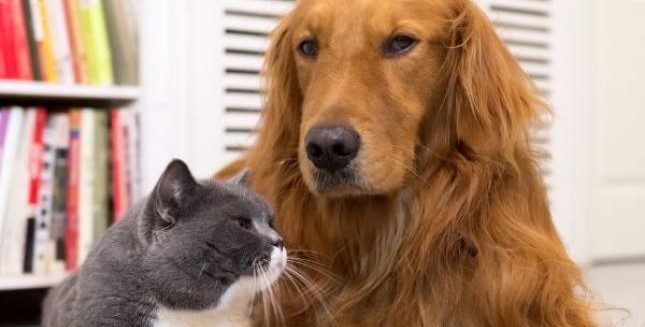
Regular nose-to-tail wellness exams, early detection, and age-specific assessments help keep your pet healthy.
Many animals are good at hiding signs that something is wrong, so subtle changes in their health or behavior might be overlooked without preventive care.
At Viera East Veterinary Center, our treatment philosophy is aimed at prevention with early diagnosis and treatment. We would love to partner with you in helping your pet live a long, happy, and healthy life.
Related Services
Keeping your pet healthy has never been easier.
Microchipping
Thousands of pets go missing each year. Even the most responsible pet owners experience broken leashes, escape artists, and thefts. Microchipping is a safe, effective, and permanent way to identify your pet in the event they get lost or stolen and make sure they get home where they belong.
Cookies on this website are used to both support the function and performance of the site, and also for marketing purposes, including personalizing content and tailoring advertising to your interests. To manage marketing cookies on this website, please select the button that indicates your preferences. More information can be found in our privacy policy here.


